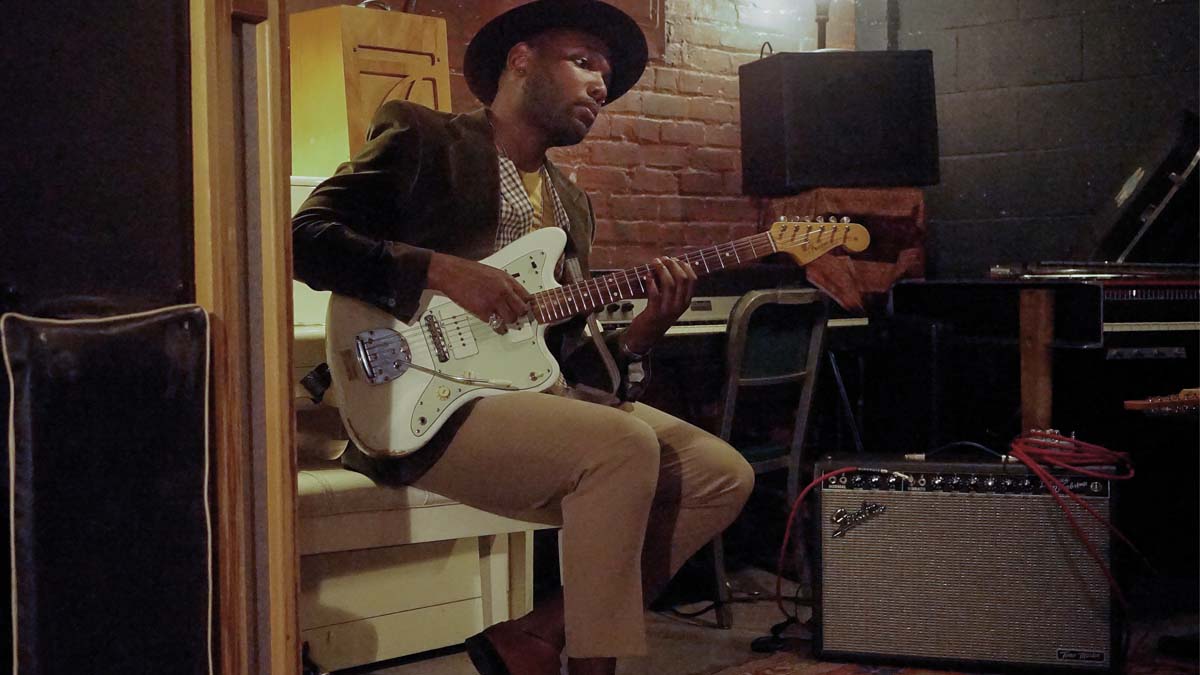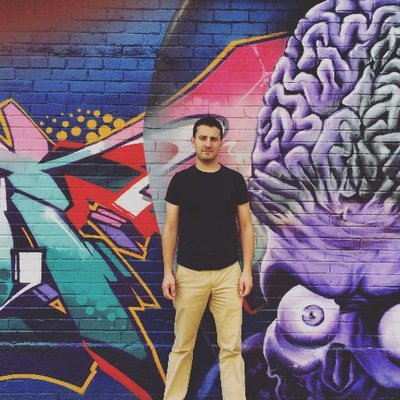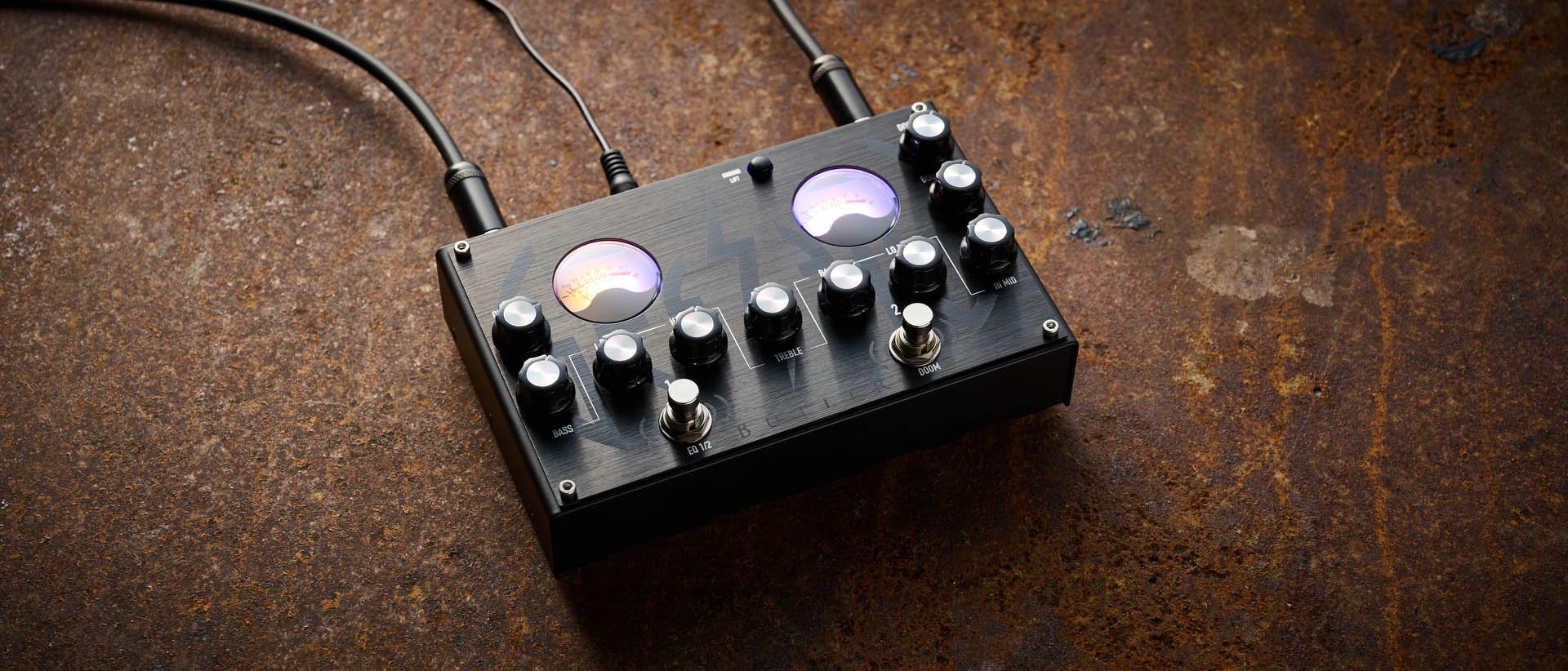Naia Izumi: “The most important part isn’t about the chord voicing, it’s about the melody and bassline”
Three years after winning NPR's Tiny Desk Contest, the singer/guitarist is taking his decidedly unique voice – and chord voicings – to the big time

It's been three short years since Naia Izumi won the NPR Tiny Desk contest, bringing his brand of smooth, soulful and incredibly virtuosic singing, guitar playing and songwriting to the masses.
The Columbus, Georgia, native-turned L.A. resident, who once earned his money by busking, was suddenly the toast of the music press: “unparalleled” and “undeniable talent” were just some of the descriptors being tossed around. But as Izumi prepares for the release of his major-label debut, A Residency in the Los Angeles Area (which is out now), he claims his life hasn’t been terribly altered in the past 1,000 or so days.
“It’s changed, but it really hasn’t changed. I still do the same stuff, making music. Obviously, being on Sony, it’s kind of messed up my typical way of doing things, which is putting out a song at a time and playing them on social media to promote them. It’s much more spaced apart, so I don’t even know about doing content anymore. But that’s probably the only thing that’s really changed.”
Well, there’s one other thing that’s changed – as a Fender artist, he’s getting some new gear. Recent social media posts have seen him fiddling with his trusty Jazzmaster, as well its new equivalent in the company’s Acoustasonic line. It’s the type of gear he wouldn’t have had access to in his old life, as he admits it’s “too expensive.”
If anyone deserves access to the full Fender arsenal, it’s Izumi, as on the new album, he takes his prize-winning playing even further. The focus might be on his angelic falsetto and the sweetly melancholic melodies, but make no mistake – there’s a guitar hero barely hiding behind all the pop, jazz and soul trappings. Just witness the multi-string tapping runs under the vocals on Natural Disaster.
Even when Izumi’s playing veers toward the more conventional, he finds ways to mix it up with surprising chord extensions and voicings – as he points out with a laugh.
“There’s one song on the entire album that has a minor chord," he says. “It’s finding what feels good. The most important part isn’t about the chord voicing, it’s about the melody and bassline. Everything else is, you just take what feels good in between.
All the latest guitar news, interviews, lessons, reviews, deals and more, direct to your inbox!
"Chances are you’re going to find something that compliments the lowest note. A lot of times I don’t use the root note in the lowest part. It’s just what feels good.”
Since his big NPR win, Izumi has become one of the most famous musicians with autism in the world. Despite his willingness to talk about autism, he says he’s not anybody’s spokesperson.
“I don’t consider myself anybody, I’m just a regular old dude, making music. I would honestly rather not be making music because it’s not important. People argue, ‘It is important,’ but no, it’s a luxury. There’s a lot more important things in life than doing this. I’m doing it because it’s turned into my job. And the momentum is there. I can’t stop now.”
- A Residency in the Los Angeles Area is out now via Sony.
Adam is a freelance writer whose work has appeared, aside from Guitar World, in Rolling Stone, Playboy, Esquire and VICE. He spent many years in bands you've never heard of before deciding to leave behind the financial uncertainty of rock'n roll for the lucrative life of journalism. He still finds time to recreate his dreams of stardom in his pop-punk tribute band, Finding Emo.



